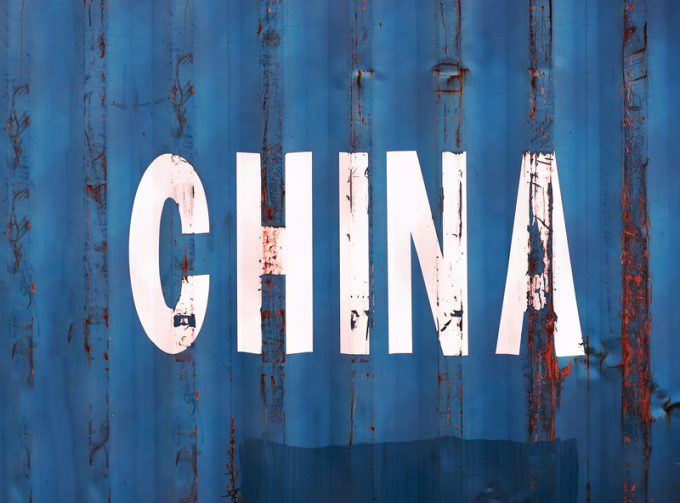Trump will have a 'heavy impact on container volumes', warns Wan Hai chief
US president-elect Donald Trump’s policies will have a heavy impact on container volumes and supply ...

An interesting little bit of crystal ball gazing from US consultancy McKinsey from late February – published shortly after Russia launched its invasion of Ukraine, but probably written before it, so caveats apply on what’s going to happen in China this year. Briefly: more stellar earnings for forwarders profiting from continuing supply chain congestion; more M&A, paying particular attention to “a new Chinese logistics juggernaut” in the shape of the recently formed China Logistics Group; cut-throat competition and rate wars ...
Trump tariffs see hundreds of cancelled container bookings a day from Asia
'Disastrous' DSV-Schenker merger would 'disrupt European haulage market'
'To ship or not to ship', the question for US importers amid tariff uncertainty
'Chaos after chaos' coming from de minimis changes and more tariffs
List of blanked transpac sailings grows as trade war heats up and demand cools
EC approves DSV takeover of DB Schenker
Shippers in Asia restart ocean shipment bookings – but not from China
Forto 'sharpens commercial priorities' as it lays off one-third of staff
India withdraws access for Bangladesh transhipments, in 'very harmful' decision
'Tariff hell' leaves industries in limbo – 'not a great environment to plan'
IndiGo fleet expansion plan will include a major push to boost cargo volumes
Pre-tariff rush of goods from US to China sees air rates soar, but not for long

Comment on this article